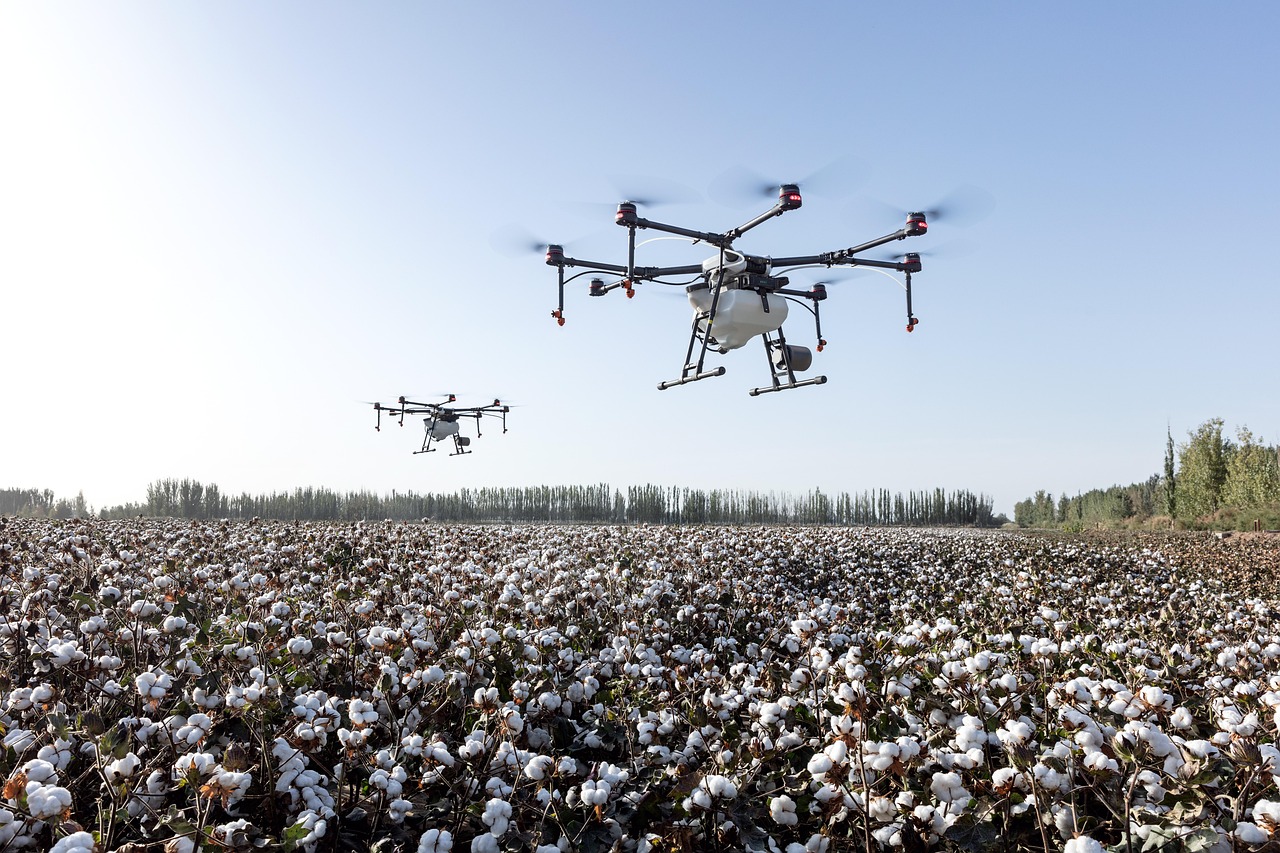China’s military advancements in AI and drone technology are reshaping the landscape of modern warfare, with reports indicating the production of up to one million kamikaze drones and the unveiling of sophisticated autonomous combat systems. The narrative often presented is of China’s technological progress enhancing defense capabilities and modernizing its military forces, a view that focuses on equipment upgrades driven by a growing defense budget.

However, beneath the surface of China’s AI integration lies a more ominous reality. The strategic shift towards “intelligentized warfare” and the development of autonomous systems represent a calculated effort to revolutionize military operations. The deployment of drone swarms that can communicate and adapt in real-time, coupled with advancements in autonomous underwater vehicles and legged robots for urban combat, paints a picture of a nation actively preparing for a new era of warfare.
The evidence presented in various reports showcases the extent of China’s investments in AI-powered drones and autonomous systems. From low-cost drones with AI targeting capabilities to sophisticated combat systems like the Fangwang-1, China’s military is not only rapidly deploying these technologies but also exporting them to other nations. The development of advanced unmanned ground vehicles like the Wolf, equipped with automatic rifles, further underscores the militarization of AI technologies by China.
The implications of China’s aggressive pursuit of AI-driven military capabilities are far-reaching. The integration of AI into warfare not only raises concerns about the ethical implications of autonomous weapons but also signifies a shift towards decentralized, AI-driven conflict scenarios. The increasing sophistication of Chinese drones and combat systems poses a direct challenge to global security, with potential consequences for regional stability and the balance of power in international relations.
In this context, it becomes evident that China’s intent in developing AI-powered military technologies is to establish itself as a dominant force in future conflicts. By investing heavily in AI for warfare, China aims to not only enhance its defense capabilities but also assert its influence on the global stage. The means through which China pursues this agenda, from the development of autonomous systems to the export of military drones, demonstrate a strategic roadmap towards achieving technological superiority in conflict scenarios.
Looking ahead, the trajectory of China’s AI-driven military advancements raises critical questions about the future of warfare and international security. As nations race to harness the power of AI for military purposes, the risks of autonomous conflict escalation and the erosion of traditional warfare norms loom large. The unfolding narrative of China’s AI militarization serves as a stark reminder of the complex interplay between technology, power dynamics, and the evolving nature of warfare in the 21st century.

